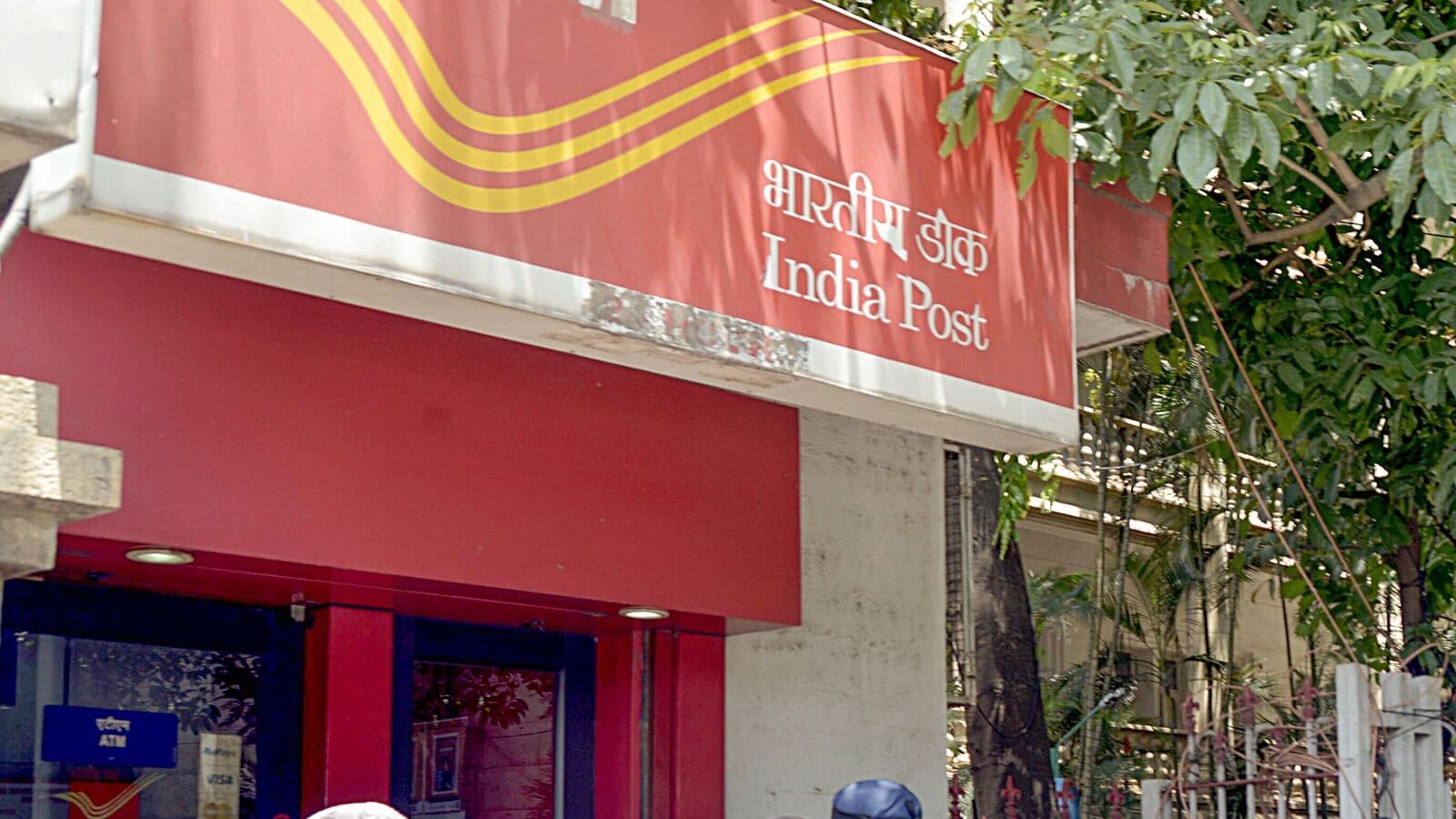Foreign investments will, however, take some time as the potential entry of foreign players interested in the Indian market means that some existing joint ventures with Indian companies will need to be dissolved before they can enter and establish standalone operations, according to industry stakeholders Mint spoke with.
“Some foreign players may want to participate in a larger way in the India growth story with this relaxation of FDI norms, and hence there may be some change in existing JV structures,” said Pallavi Malani, India leader-insurance practice at BCG. The industry is likely to see heightened investments and M&A activities in the coming months, she said.
In October 2024, the world’s largest insurer Allianz SE said it is in early discussions to exit its long-standing joint ventures (JVs) with Bajaj Finserv after battling with the Indian insurance company to increase its stake from the current 26% in these ventures. While there is no clarity on whether Allianz seeks to start out alone, the insurer had said it remained committed to the Indian market.
Other major JVs in the insurance sector include ICICI Lombard General, ICICI Prudential Life, HDFC Life, HDFC ERGO General Insurance, Tata AIG General, Tata AIA Life, Liberty General Insurance and Niva Bupa Health, among others.
Industry players and the insurance regulator have repeatedly said that 70 insurance companies are not enough to cater to a population of 1.4 billion people and batted for the entry of new players. According to them, what was holding back global insurance leaders from entering the Indian market was the scarcity of suitable local insurance players for a JV in order to meet the earlier FDI limit of 74%.
“With just over 60 insurers operating in both life and general insurance sectors, and many of them functioning as joint ventures, the shortage of capable and willing local partners is evident,” said Anup Rau, managing director and chief executive at Future Generali India Insurance, adding that FDI will help potentially address this issue.
Tapan Singhel, CEO of Bajaj Allianz General Insurance, said achieving deeper insurance penetration requires a significant expansion in the number of players in the industry. “With the move to allow 100% FDI in insurance, we could see India moving towards a future with 1,000 insurers in the next decade.”
Need for domestic support
Other industry players believe that existing JVs have proved their mettle and foreign players are unlikely to exit the JVs simply because the FDI limit has been increased. Even when foreign players do enter the market, they will need to adapt their operations to very specific and nuanced Indian market dynamics.
The strength of existing JVs is in their “well-established distribution networks, local expertise, and brand trust”, said, Sharad Mathur, managing director and CEO at Universal Sompo General Insurance. “Standalone operations will be considered only by some foreign players. Strategic collaborations that have successfully built a sustainable business model in India would continue to flourish.”
Given the scale and complexity of the Indian market, overseas players may choose to first wet their toes with a domestic partner before entering the market alone. The Indian market is heavily dependent on distribution channels, which means that foreign players will need the support and on-ground presence of domestic partners to tap into the growth potential of the country, according to sector experts.
“Foreign players know that the Indian market is pretty unorganized and dynamic while also being regulatory-driven. There is no template or one-size-fits-all here,” a spokesperson for an insurance joint venture told Mint on the condition of anonymity.
“The target audience is scattered and the expertize and capability to deal with them comes only with an Indian mindset and understanding of the Indian market.”
Increased flows to aid pricing
With the limit on FDI being removed, insurance players anticipate more funding avenues, increased access to capital, better technical capabilities, product innovation and new propositions to benefit customers.
“Based on the historical trends of FDI inflows and investor interest worldwide, we estimate over $8–12 billion might flow into the sector over the next 3–5 years,” said Mathur of Universal Sompo General, adding this will also help strengthen insurers’ solvency ratios.
According to the Economic Survey for FY25, of the total FDI received in April-September 2024, the insurance sector accounted for the highest equity flows at 12%. The FDI limit for the sector was last hiked in 2021 from 49% to 74%. Since 2015, when the government liberalized FDI norms and allowed 49% overseas investments, the insurance sector is estimated to have received close to ₹54,000 crore in foreign investments, as per reports.
The rise in investments and competition will lead to more transparency, global best practices, faster claims processing, and stronger trust in the industry, experts said, adding that it will also lead to strong premium growth and profitability of insurance players.
This, combined with the entry of more players, could push insurers to take a relook at their premiums, which have surged in the post-covid period, especially for health and medical insurance.
“One of the most direct advantages of this policy shift will be its effect on pricing. As competition grows fiercer, insurers will be driven to provide more affordable health plans, resulting in lower premiums,” said Hanut Mehta, CEO and cofounder at Bimapay Finsure—Mufin Group’s fintech platform, which offers personal loans through partner lenders for paying insurance premiums.
“This will make health insurance more accessible to a broader portion of the population,” said Mehta.
insurance,FDI insurance,tax benefit,insurance premiums,foreign capital,insurance JVs,premiums,disposable income
#Union #Budget #Insurance #FDI #hike #spur #capital #flows #billion #trigger #MAs



